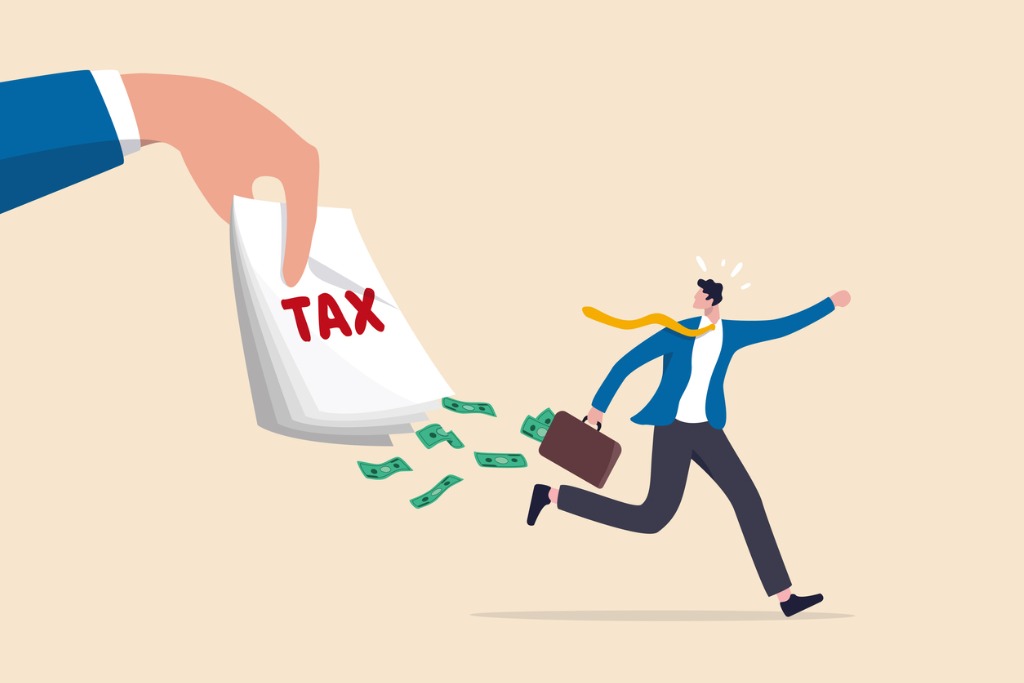Extended investigation period in fraud cases: flexibilisation by the tax authorities in the offing?

According to a recently submitted legislative proposal, the position of the tax authorities in fraud cases will be strengthened in the context of detecting acts that indicate fraud. The question arises as to what consequences this will have for the taxpayer.
Requirement of “indications of fraud”
The period in which the tax authorities can normally proceed with investigative acts and establish a taxation is three years. Consequently, the tax authorities can still carry out an investigation in 2022 for income relating to 2019 (assessment year 2020).
However, if there are “indications of fraud”, these periods are extended by four years, which brings the fraud period to seven years. If the previous example is used again, it means that the tax authorities’ powers to investigate and to issue an additional assessment are extended up to and including income year 2015.
Before the tax authority of direct taxes can proceed with an investigation within the seven-year fraud period, it must inform the taxpayer in advance, in a written and precise manner, of any indications of fraud that exist with regard to that person in the referred period.
As far as VAT is concerned, the tax authority must only notify the taxpayer of the suspicions of fraud in a written and precise manner. The law does not explicitly state when this notification must take place. It may therefore also take place after the actual investigative acts.
The abovementioned indicates that there is a difference in the moment at which the tax authorities must meet the notification requirement, depending on whether an inspection concerns VAT or direct taxes. As far as direct taxes are concerned, the notification must be given before each investigative act in the additional term, whereas in the case of a VAT file this can be accomplished later. In the past, this resulted in discussion in cases where, for example, both a VAT inspector and a direct tax inspector conducted investigations together.
Proposed amendment
The legislative proposal aims to postpone the notification of indications of fraud in direct taxation to a later point in time (in function of the VAT legislation where this is already the case).
In the future, the tax authorities would still have to report suspicions of fraud lastly on the day of the establishment of the tax.
This change would also mean that the tax authorities, without having any insight into fraud, would be able to conduct investigations for seven years. In addition, a suspicion of fraud would be sufficient to establish an additional assessment without the need for further proof of fraud.
Some critical comments
In our opinion, the taxpayer’s right of defence risks being affected by this legislative initiative.
The notification of the taxpayer prior to the investigative acts performed by the tax authorities in relation to direct taxes currently ensures that the right of defence is guaranteed. Since the taxpayer is no longer informed of suspicions of fraud before the tax authority carries out its investigative acts, the consequence is that the taxpayer can no longer defend itself against these investigative acts. He will only be able to defend himself against the assessment itself.
If the tax authorities intend to impose an assessment in case of fraud, it is reasonably required that this fraud is provable. If the mere suspicion of fraud would suffice to establish this assessment, the right of defence is again disregarded.
Conclusion
This legislative initiative considerably strengthens the position of the tax authorities in fraud cases. On the other hand, the negative consequences it creates for the taxpayer’s rights of defence are, in our opinion, significant. However, it should be noted that this is only a legislative initiative, so there is still room for debate and adjustments before this legislative initiative becomes law in the future.
Eline Depaepe and Evert Moonen
De Langhe Attorneys
Published in Voka – Ondernemers, VOKA Kamer van koophandel West-Vlaanderen, edition maart 2022


